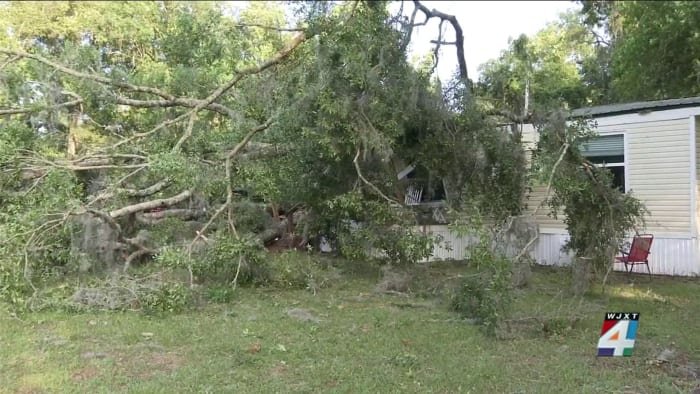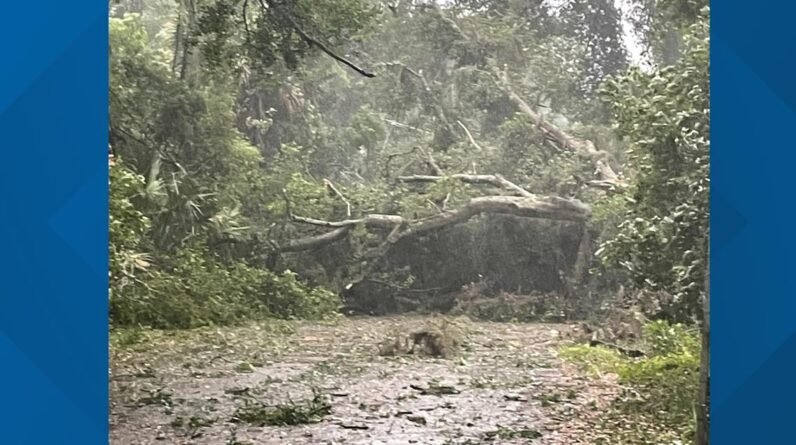
March is when our gardens begin bursting with growth and flower activity in Florida. Native bees, crucial for pollination, will emerge and begin seeking out flowers for nectar.
Bees are central to our lives because they are critical in sustaining our environment and food supply. However, their population is in decline and needs protection from habitat loss and pesticides.
Letting the grass grow higher is a simple way to assist the bees in finding food. Delaying lawn mowing for three weeks or even refraining from mowing altogether can help the insects thrive which improves flora cross-pollination.
An initiative called “No Mow March” raises awareness about the importance of bees and other pollinators in ecosystems, encouraging communities to adopt bee-friendly practices and support biodiversity conservation efforts.
Research shows that allowing grass and plants to grow without disturbance creates a more diverse habitat for bees, offering shelter, nesting sites, and abundant foraging opportunities.
Such habitat enrichment contributes to the overall biodiversity of the area and supports healthy bee populations.
HOAs might be hesitant to encourage initiatives like “No Mow March” due to concerns about maintaining uniformity and aesthetics within the community.
Participating residents could apply for permission from the HOA to delay lawn mowing for March, with guidelines to ensure the maintenance of tidy and safe properties. Alternatively keeping backyard grass tall can provide some helpful benefits.
If you’re eager to highlight your conservation efforts, consider placing yard signs which you can print out from https://beecityusa.org/ in your yard to raise awareness.
Copyright 2024 by WJXT News4JAX – All rights reserved.







